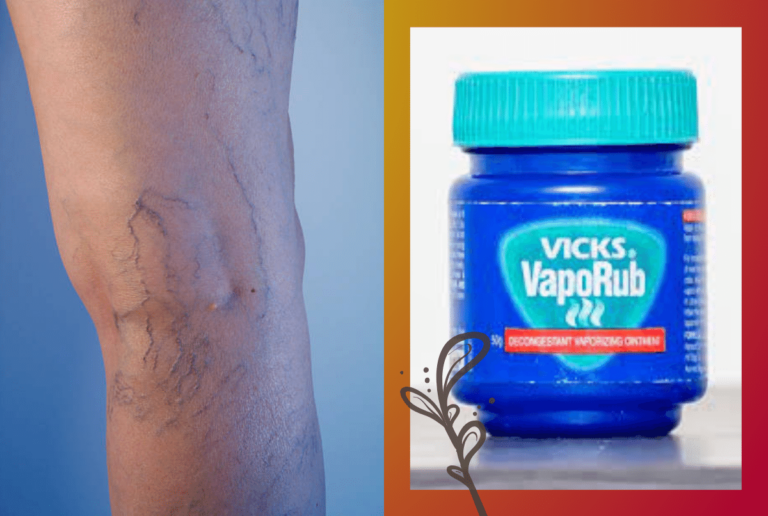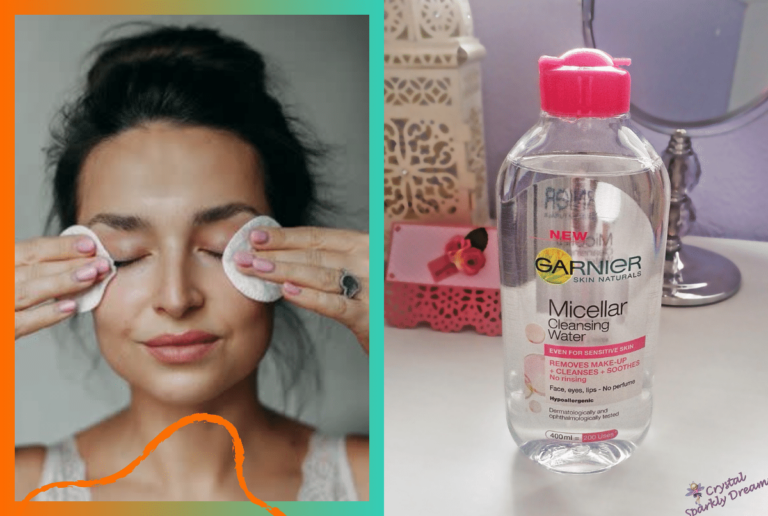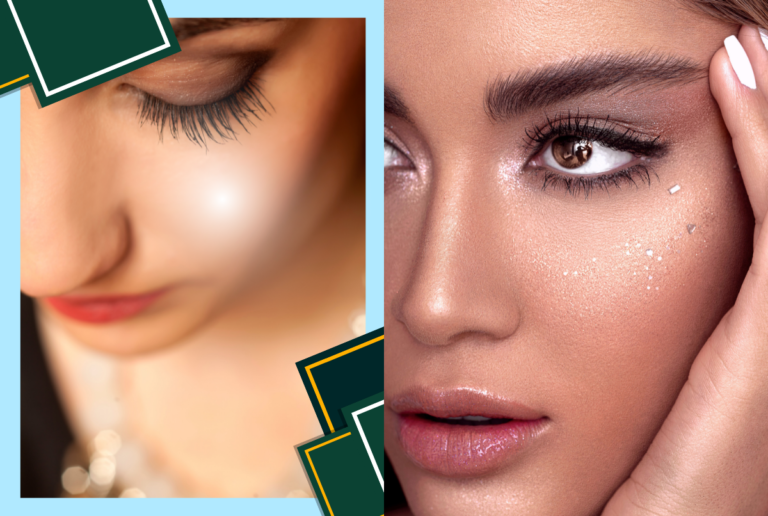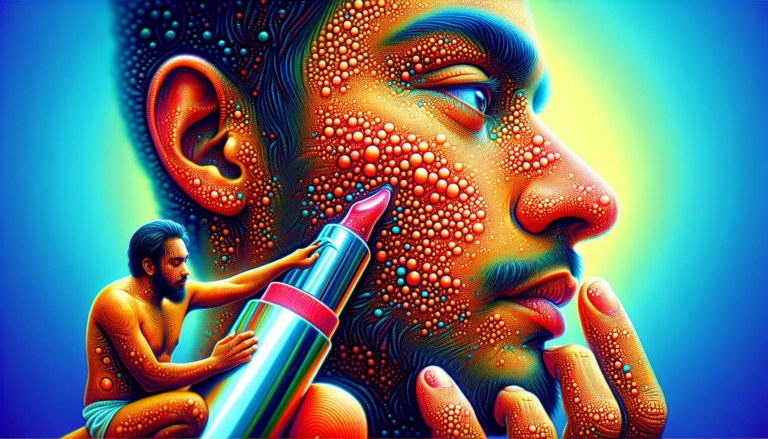White Stuff on Your Lips
Have you ever noticed white stuff on your lips and wondered what it could be?
It’s a common occurrence that can have various causes, from the benign to the more serious.
Understanding why this white residue appears is crucial for maintaining not only your lip health but also your overall well-being. Whether it’s dehydration, a simple fungal infection, or something more complex like a vitamin deficiency or a sign of an underlying medical condition, knowing the cause is the first step toward effective treatment.
Well, we’ll be going over:
- What are the most common causes of white stuff on your lips?
- How can you differentiate between harmless symptoms and those signaling something more serious?
- What are the most effective treatments and prevention strategies for keeping your lips healthy?
Let’s dive in.
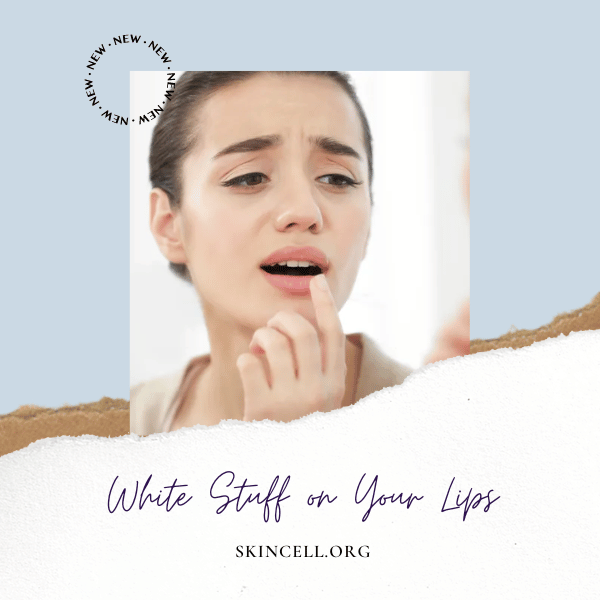
Key Takeaways
- White stuff on your lips can be caused by a variety of factors, including dehydration, dryness, medications, and infections.
- Symptoms and diagnosis vary depending on the underlying cause, and treatment options range from lifestyle changes to prescription medications.
- Prevention strategies include staying hydrated, using lip balm, and practicing good oral hygiene.
Identifying Common Causes
If you have noticed white stuff on your lips, it could be a sign of an underlying condition. Here are some of the common causes of white stuff on your lips:
Dehydration and Oral Hygiene
Dehydration can cause dryness and flakiness on your lips, which can sometimes appear white. Poor oral hygiene can also lead to a buildup of bacteria and other particles on your lips, which can cause white spots or patches.
To prevent this, make sure you drink plenty of water and keep your lips clean by gently scrubbing them with a soft-bristled toothbrush.
Infections and Illnesses
Infections and illnesses can also cause white stuff on your lips. Oral thrush, which is caused by the candida fungus, can cause white patches on your tongue, gums, and lips. Herpes simplex virus can also cause white blisters on your lips.
If you suspect that you have an infection or an illness, it’s important to see a healthcare professional for a proper diagnosis and treatment.
Dermatological Conditions
Certain dermatological conditions can also cause white stuff on your lips. Milia, which are small, white bumps that appear on the skin, can sometimes appear on the lips.
Fordyce spots, which are small, white or yellowish bumps that appear on the lips or genitals, are also a common dermatological condition. If you are concerned about any skin condition, it’s important to see a dermatologist for an accurate diagnosis and treatment.
In summary, white stuff on your lips can be caused by a variety of factors, including dehydration, poor oral hygiene, infections, and dermatological conditions. If you are concerned about any skin condition, it’s important to seek professional medical advice.
Symptoms and Diagnosis
If you have noticed white stuff on your lips, it is important to understand the symptoms and diagnosis methods to determine the underlying cause. Here are some key things to keep in mind:
Recognizing Symptoms
White stuff on your lips can manifest in different ways, and it is important to recognize the symptoms to determine the cause. Some common symptoms include:
- White patches or spots on the lips, tongue, cheeks, or throat
- Pain or burning sensation in the affected area
- Redness or inflammation around the white patches
- Soreness and discomfort when eating or drinking
If you are experiencing any of these symptoms, it is important to seek medical attention to determine the underlying cause.
Professional Diagnosis Methods
To diagnose the cause of white stuff on your lips, your healthcare provider may use different methods, including:
- Swab or culture: Your healthcare provider may take a swab of the affected area to test for bacterial or fungal infections.
- Biopsy: In some cases, your healthcare provider may take a tissue sample to test for cancer or other abnormalities.
Depending on the underlying cause, your healthcare provider may recommend different treatment options, such as antifungal or antibacterial medication, topical ointments, or surgery.
It is important to seek medical attention if you notice any white stuff on your lips to determine the underlying cause and receive appropriate treatment.
Treatment Options
If you notice white stuff on your lips, there are different treatment options available. The right treatment will depend on the underlying cause of the white stuff.
Medications and Therapies
If the white stuff on your lips is due to a viral infection, antiviral medications may be prescribed by your doctor. These medications can help reduce the severity and duration of the infection. Similarly, if the white stuff is due to a fungal infection, antifungal medications may be prescribed.
Corticosteroids are another type of medication that can be used to treat white stuff on the lips. These medications can help reduce inflammation and itching. Retinoids can also be used to treat white stuff on the lips. They work by promoting cell turnover and reducing inflammation.
In some cases, surgery may be necessary to remove the white stuff on your lips. This is typically only recommended if other treatment options have failed.
Home Remedies and Lifestyle Changes
There are also some home remedies and lifestyle changes that may help reduce the appearance of white stuff on your lips. For example, staying hydrated can help keep your lips moisturized and prevent dryness. You can also try using a lip balm or moisturizer to keep your lips hydrated.
If the white stuff on your lips is due to a fungal infection, you may want to try using tea tree oil. This oil has antifungal properties and may help reduce the severity of the infection. Another home remedy that may be helpful is applying a warm compress to your lips.
In conclusion, there are different treatment options available for white stuff on your lips. The right treatment will depend on the underlying cause of the white stuff, so it’s important to talk to your doctor to determine the best course of action.
Potential Complications
White stuff on your lips can be a sign of a few potential complications. While most of the time it’s harmless, there are a few things you should keep in mind.
When to See a Doctor
If you notice white stuff on your lips, you should monitor it for a few days. If it goes away on its own, then it was likely just a minor irritation. However, if it persists or gets worse, you should consider seeing a doctor.
If you’re immunocompromised, you should be especially careful. Your immune system may not be able to fight off infections as well as it should. If you notice any white stuff on your lips, it’s best to see a doctor right away.
Long-Term Health Concerns
In some cases, white stuff on your lips can be a sign of a more serious condition. For example, oral cancer or skin cancer can sometimes present as white patches on the lips. If you have a history of cancer or are undergoing chemotherapy or radiation therapy, you should be especially vigilant.
If your doctor suspects that the white stuff on your lips is cancerous, they may recommend surgical removal. This can be a scary prospect, but it’s important to remember that early detection is key when it comes to cancer.
If you’re concerned about white stuff on your lips, you should make an appointment with a dermatologist or other healthcare provider. They can help you determine the cause of the white patches and recommend appropriate treatment.
Prevention Strategies
Preventing white stuff on your lips requires a combination of good oral hygiene habits and healthy lifestyle choices. Here are some strategies that can help you avoid this condition:
Practice Good Oral Hygiene
Maintaining good oral hygiene is one of the most effective ways to prevent white stuff on your lips. Brush your teeth twice a day and floss at least once a day to remove plaque and food particles that can accumulate in your mouth.
Consider using an antimicrobial mouthwash to kill bacteria that cause bad breath and other oral health problems.
Stay Hydrated
Drinking plenty of water is essential for maintaining healthy saliva flow, which helps to keep your mouth moist and prevent dryness. Dry mouth can lead to the accumulation of bacteria and dead cells on your lips, which can result in white spots.
Reduce Stress
Stress can weaken your immune system, making you more susceptible to infections and other health problems. Practice stress-reducing techniques such as meditation, deep breathing, or yoga to help keep your immune system strong.
Quit Smoking
Smoking can damage your immune system and reduce your body’s ability to fight off infections. It can also cause dry mouth, which can lead to the accumulation of bacteria and dead cells on your lips.
Limit Sun Exposure
Excessive sun exposure can damage your lips and cause them to become dry and cracked. Wear a lip balm with SPF 30 or higher to protect your lips from the sun’s harmful rays.
Chew and Swallow
Chewing sugar-free gum or sucking on sugar-free candies can help stimulate saliva flow and prevent dry mouth. Swallowing frequently can also help keep your mouth moist and prevent dryness.
By following these simple prevention strategies, you can reduce your risk of developing white stuff on your lips and maintain good oral health.
Frequently Asked Questions
What causes a white patch to appear on the lower lip?
A white patch on the lower lip can be caused by a variety of factors. One of the most common causes is a fungal infection, which can be treated with antifungal medication. Other possible causes include a viral infection, such as herpes, or an allergic reaction to certain foods or medications.
If you have a white patch on your lower lip that does not go away after a few days, it is important to see a doctor to determine the cause and appropriate treatment.
Can dehydration lead to white residue forming on lips?
Dehydration can cause your lips to become dry and cracked, which can lead to the formation of white residue.
To prevent this from happening, it is important to stay hydrated by drinking plenty of water throughout the day. You can also use a lip balm or moisturizer to keep your lips hydrated and prevent dryness.
What are the white dots that appear on my lips when stretched?
The white dots that appear on your lips when stretched are likely Fordyce spots, which are small, harmless bumps that are caused by the overgrowth of sebaceous glands. These spots are common and usually do not require treatment.
However, if you are concerned about the appearance of these spots, you can talk to your doctor about treatment options.
How can I address white and dry lips effectively?
To address white and dry lips effectively, it is important to keep your lips hydrated by drinking plenty of water and using a lip balm or moisturizer. You can also use a gentle exfoliant to remove dead skin cells and promote healthy skin growth. Avoid licking your lips, as this can actually dry them out further.
What could be the reason for white residue on lips after using chapstick?
White residue on your lips after using chapstick may be caused by the buildup of dead skin cells or the ingredients in the chapstick.
To prevent this from happening, try using a different brand of chapstick or moisturizer. You can also use a gentle exfoliant to remove dead skin cells and promote healthy skin growth.
Are white spots on lips an indication of an HPV infection?
White spots on your lips are not necessarily an indication of an HPV infection. However, if you are concerned about the appearance of these spots or have any other symptoms, it is important to see a doctor to determine the cause.
HPV infections can cause genital warts, which can appear on the lips, but this is not the most common symptom of the infection.

